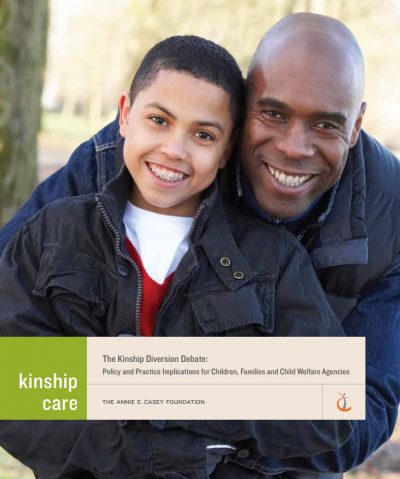The Middle Ground Approach
There is a possible middle ground approach to the kinship diversion debate that requires child welfare agencies to consider the needs of children, parents and their caregivers to arrive at the best possible decision about the legal status of children in kinship families.






